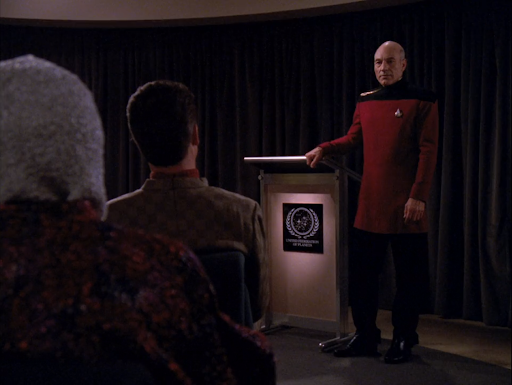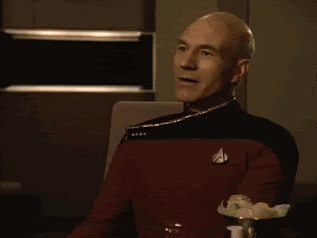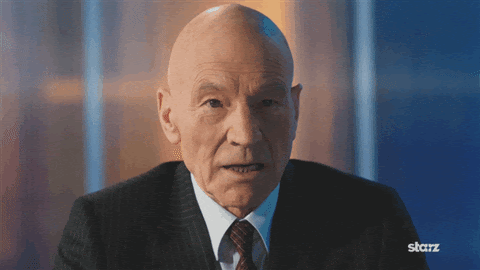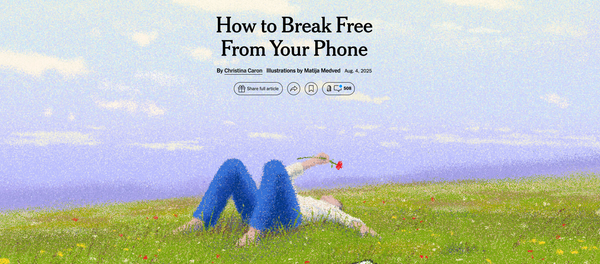Learning Theory: Constructivism

The third leg (really the first leg) of my little curatorial tripod is LEARNING. This week I wanna walk through a couple theories and resources that I think are most important for formation leaders to know.
I definitely think anyone who guides others' learning needs to know about constructivism. The basic idea here is that we all construct new knowledge by encountering novel ideas and having novel experiences and making sense of all that according to the knowledge and experience we already have.
Besides the name of the theory itself, you really just need to know the big words for making sense of the two things that might be happening for your learners. Patrick Stewart is going to help us here.
The first of the two "poles" in the spectrum of constructivist learning is ASSIMILATION.

That's where we get a new piece of information or have a new experience and, basically, we think, "Ah, this makes sense to me. It fits neatly into the picture of the world I already have, and I will file this new detail away according to that picture."
(Think, of course, about the Borg. Incremental improvement through accumulation of novelty.)
This is smart because they're both asking the people contributing to reinforce their own existing knowledge and, along the way, some people in the room who are familiar with some but not all of the picture get to assimilate some new details with minimal intervention from the instructor. ("The most learning possible from the least teaching possible," as tomorrow's theorist would say.) Cool.
The other pole is ACCOMMODATION.

Accommodation happens when the new thing we encounter challenges our existing picture of the world (or some piece of it), and we actually need to change or reconstruct that picture. Piaget says—OK, I guess you need three words, because it's Piaget's theory—Piaget says we *accommodate* our schema—OK, four words if you like, because our picture of the idea is a schema—in response to these challenges.
(A failure of accommodation, of course, is ultimately the Borg's undoing. They're not willing to be truly changed, truly rocked by some new asset of a species they encounter—at least maybe not until Voyager.)
There you have it: constructivism as defined by Piaget and illustrated by Sir Patrick and the aliens that once assimilated him. Tomorrow we'll look at another learning theorist who name starts with P.



